The Mirror Universe: Peacemaker’s Multiverse Plot Promises a Gut-Wrenching Twist
Popular Now
 Grand Theft Auto V
Grand Theft Auto V
 Toca Boca World
Toca Boca World
 Auto X Drift Racing 3
Auto X Drift Racing 3
 Stumble Guys
Stumble Guys
 Schedule I
Schedule I
 CarX Street
CarX Street
 League of Legends
League of Legends
 Free Fire
Free Fire
 Free Fire Max
Free Fire Max
 Sonic the Hedgehog™ Classic
Sonic the Hedgehog™ Classic 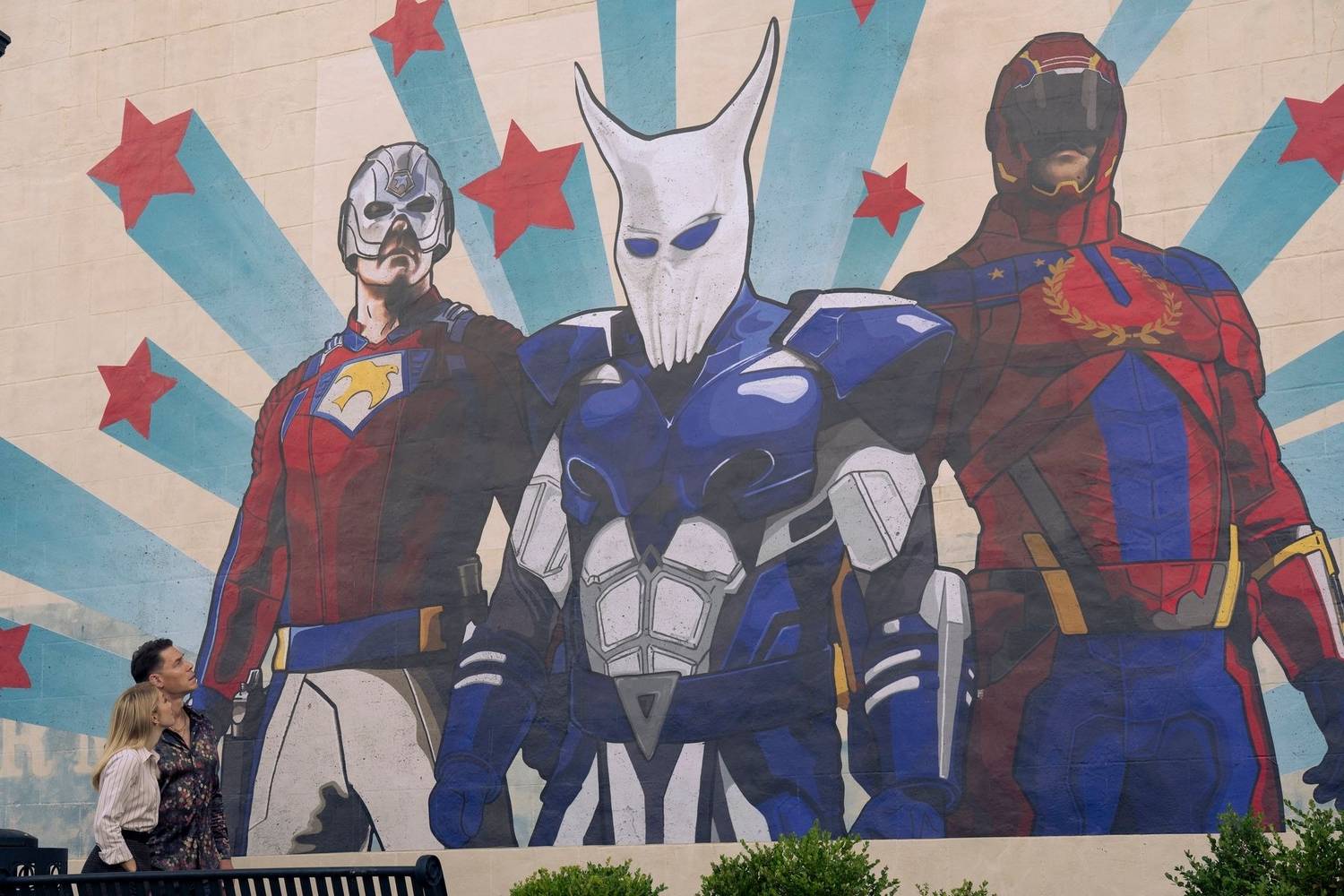
The multiverse has become a staple of modern superhero storytelling, a narrative tool used to justify reboots, crossovers, and the inclusion of fan-favorite characters from across different continuities. However, in the hands of James Gunn, the concept is being handled with a nuance and brutal emotional honesty rarely seen in the genre. Early details and fan theories surrounding the new season of Peacemaker point to a storyline that is not just a fun exploration of alternate realities, but a deeply personal, character-driven journey for Christopher Smith—one with a dark, almost certain, twist that will shatter his newfound happiness.
 A Simple Doorway to a Perfect World
A Simple Doorway to a Perfect World
The new season picks up directly after the events of the DCU’s recent Superman film, firmly placing Peacemaker in the new continuity. The show wastes no time in re-introducing the “Quantum Unfolding Chamber,” a device seen briefly in the first season inside Auggie Smith’s closet. This chamber, a piece of tech with ties to Lex Luthor’s dimensional experiments, becomes Chris’s portal to an alternate reality. This new universe appears to be his personal utopia. In this other dimension, his monstrous, racist father, Auggie Smith, is not the White Dragon but a beloved superhero named Blue Dragon. More importantly, his brother Keith, who tragically died in a childhood accident in Chris’s home reality, is alive and well, a heroic figure fighting crime alongside his father. This is the life Chris has always dreamed of: a loving family, a heroic legacy, and a world where he is a respected hero, not a jingoistic mercenary.
It’s a powerful, almost cruel, setup. The show is giving Peacemaker the one thing he has craved since the very first episode—the love and acceptance of his family. He has a perfect life waiting for him on the other side of that door, a stark contrast to his own reality where he is a social pariah, a killer haunted by his past, and a man who has lost his father, his friends, and his moral compass. The showrunner, James Gunn, has stated that the use of this alternate dimension is not for a sprawling multiverse saga, but for a singular, character-focused journey. “It’s one other dimension in which it seems as if it’s the perfect world that Peacemaker is able to use to learn something about himself,” Gunn explained, hinting that this is all a means of personal growth for Chris.
- The “Perfect” Reality: The alternate dimension presents a seemingly idyllic world where Chris’s deepest emotional wounds—the deaths of his brother and father’s abuse—have been healed.
- Character Over Spectacle: By focusing on a single alternate dimension, the show avoids the narrative bloat of a sprawling multiverse and uses the concept to explore the core of Chris’s trauma.
 The Inevitable and Bleak Twist
The Inevitable and Bleak Twist
While the alternate world seems too good to be true, a series of fan theories and subtle clues from the show itself suggest a much darker truth. The most prominent theory, heavily supported by the visual evidence, is that this “perfect” reality is actually Earth-X, a fascist world from DC Comics lore where the Nazis won World War II. Viewers have pointed out that in the scenes from this alternate dimension, every single person in the background is white. This is an unusual casting choice for a show that has embraced diversity from the beginning. Furthermore, the fact that Auggie Smith’s heroic alter ego is now the “Blue Dragon” instead of the “White Dragon” feels like a thinly veiled, sinister joke. The change in color scheme hints at a shift, but the underlying ideology may be the same. The notion that in a fascist reality, a white supremacist would be a hero, and a violent vigilante like Chris would be praised, is the kind of twisted irony the show is famous for.
This revelation sets up a truly gut-wrenching moment. Chris, who has been desperately seeking validation and a place to belong, is on the verge of embracing a world that is fundamentally evil. The show is not just asking if the grass is greener on the other side; it is setting up a tragic choice. Chris will likely have to either reject the only happiness he has ever known or embrace a bleak, hateful world where his moral shortcomings are celebrated. The emotional punch will come when he realizes that his “perfect” life is a lie built on a foundation of bigotry and darkness. This is the kind of brutal, character-driven storytelling that Peacemaker does best, and it’s a far more effective use of the multiverse than any grand-scale battle could ever be. It’s not about saving the multiverse from a cosmic threat; it’s about saving a single, broken man from himself.
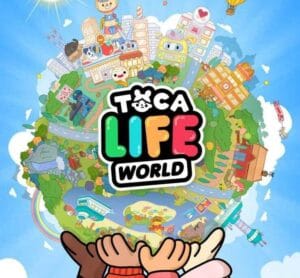
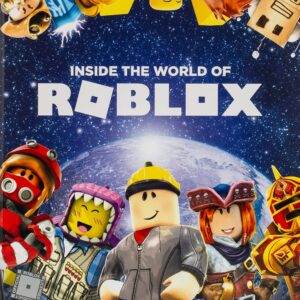







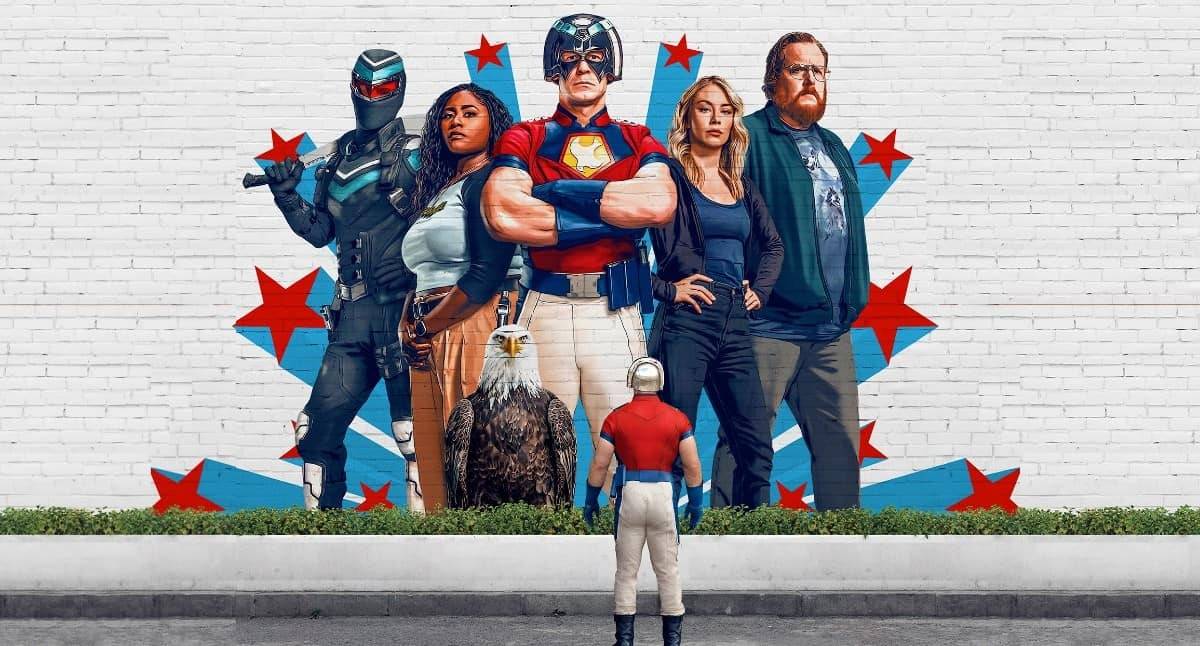 A Simple Doorway to a Perfect World
A Simple Doorway to a Perfect World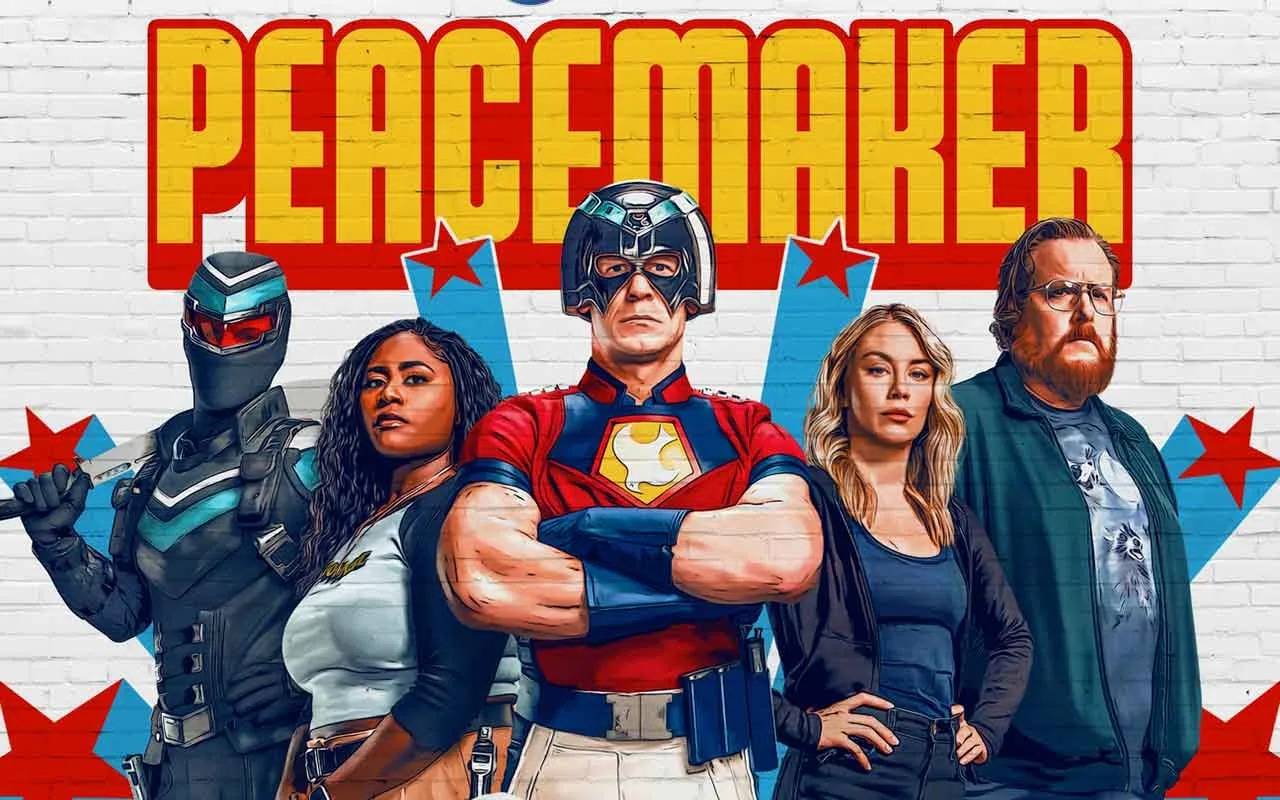 The Inevitable and Bleak Twist
The Inevitable and Bleak Twist